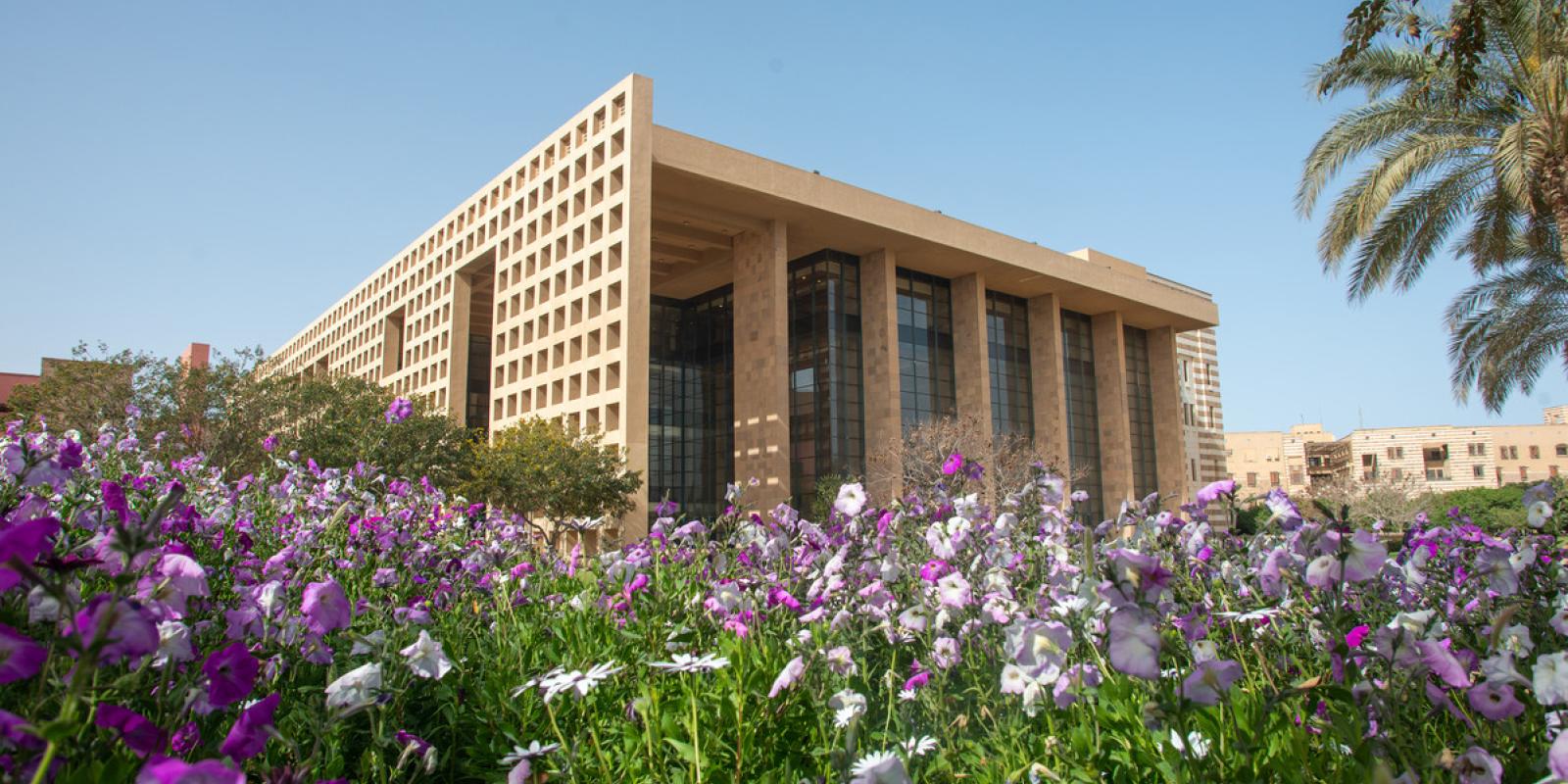Migration and Refugees Studies - Diploma
Program Overview
The Graduate Diploma in Migration and Refugee studies is comprised of the exact same courses of the Masters of Arts (MA). However, unlike the MA that requires the completion of eight courses, the diploma requires the completion of only six courses (4 core courses and 2 electives). Moreover, the diploma does not require the writing of a thesis. The diploma is an option provided by Center for Migration and Refugee Studies (CMRS) to accommodate the need of those who cannot spend more than one year in the program or are interested to be exposed to the field of migration and refugee studies but are not interested in acquiring an MA. Candidates include holders of MA or PhD in other fields as well as practitioners in the field of migration and refugees studies.

Degrees and Admission Requirements
Students wishing to pursue a Diploma in Migration and Refugees Studies should meet the minimum academic and admission requirements set by AUC.

Discover More in Academics
Learn More about our distinguished program instructors, world-renowned experts in high demand for their expertise and qualifications in this field.